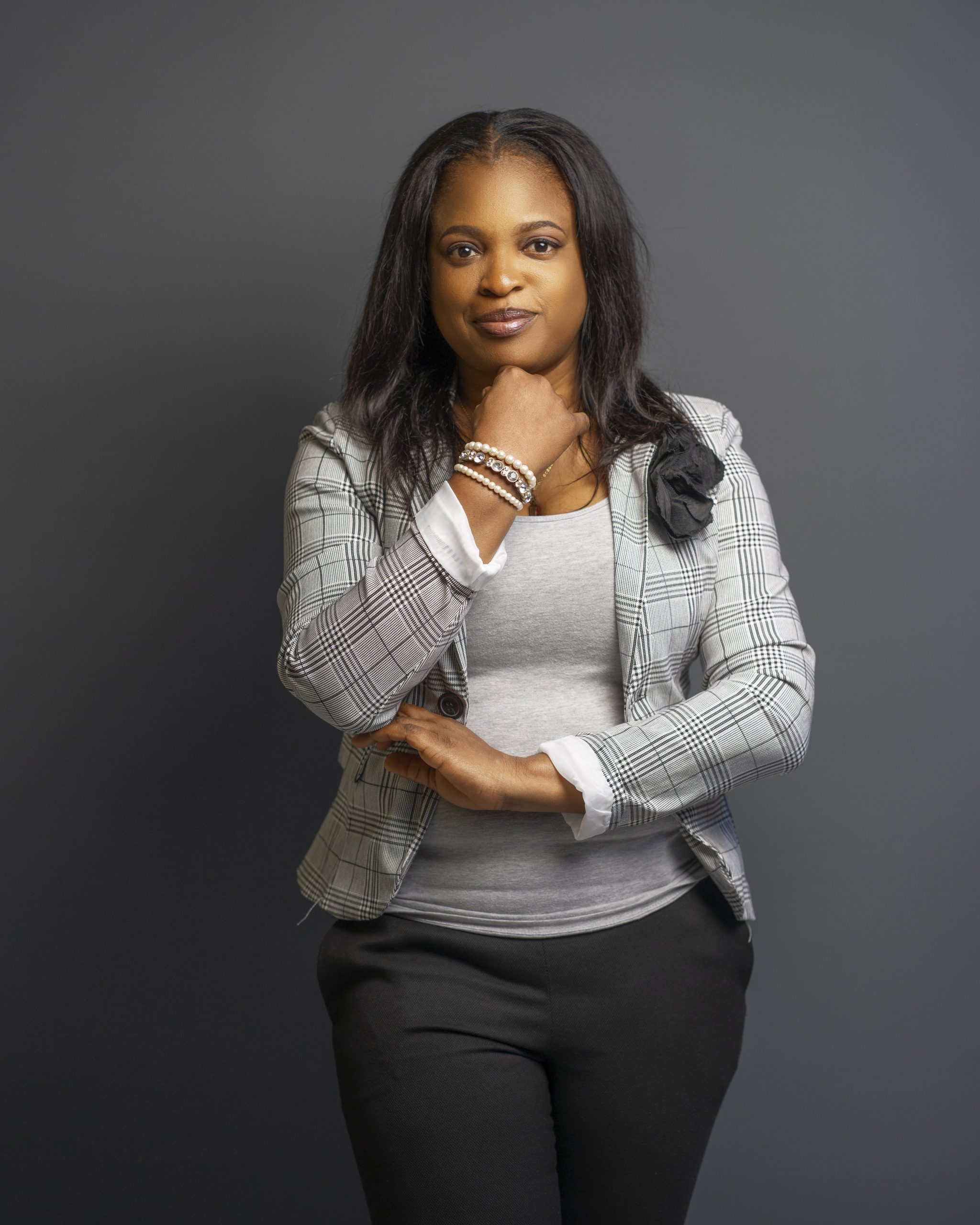PepsiCo is shaking up its marketing playbook. Specifically, it is adopting a bold new approach. This, consequently, brings its in-house capabilities closer to VaynerMedia’s rapid-fire content style.
The beverage giant is establishing a deeply integrated creative team. This team, furthermore, aims to speed up how its brands engage with culture across platforms. Social media, in particular, is a key focus.
This new collaboration was announced by PepsiCo’s U.S. beverages division. It, therefore, brings together the strategic backbone of the company’s internal brand teams. Moreover, it also leverages VaynerMedia’s agile, digital-first mindset.
This partnership will not replace traditional agency relationships. Instead, it is designed to fill a crucial gap. This gap, significantly, exists between big tentpole campaigns and the everyday cultural pulse of consumers.
The initiative will initially center on five brands under the PepsiCo banner. These, for instance, include Pepsi, Starry, Mountain Dew, Bubly, and Mug.
These brands will now operate with an “always-on” creative strategy. This strategy is designed to spark real-time engagement and social relevance. Such relevance, incidentally, is increasingly vital in today’s media landscape. Platforms like TikTok and Instagram largely dominate this space, after all.
Read also: PZ Cussons bows out as Wilmar takes the wheel in Nigerian Palm Oil power shift
Consumers, particularly Gen Z, are growing more resistant to traditional advertising. Therefore, brands are under pressure. They, consequently, need to become more present, nimble, and authentic in their communication.
This move reflects PepsiCo’s recognition. Building cultural fluency, in essence, requires a steady stream of relevant content. It cannot rely solely on major media buys, for example.
PepsiCo and VaynerMedia are no strangers to collaboration. They have worked together for several years. However, this deeper integration represents a significant shift. Furthermore, it alters how legacy companies structure their creative ecosystems.
This initiative arrives at a unique time. Notably, other industry players, including Keurig Dr Pepper, are moving in the opposite direction. That company, for example, recently dismantled its in-house agency, Liquid Sunshine. It now favors external partnerships instead.
The shift also follows leadership changes within PepsiCo itself. In April, for instance, the company named Mark Kirkham as Chief Marketing Officer for its U.S. beverages division. Kirkham is a longtime PepsiCo executive. He took over from Greg Lyons. Lyons’ tenure saw major brand campaigns. Now, however, it gives way to a faster-paced marketing era, thus.
WATCH MARKETING EDGE ONTV






Comment
No comments found.